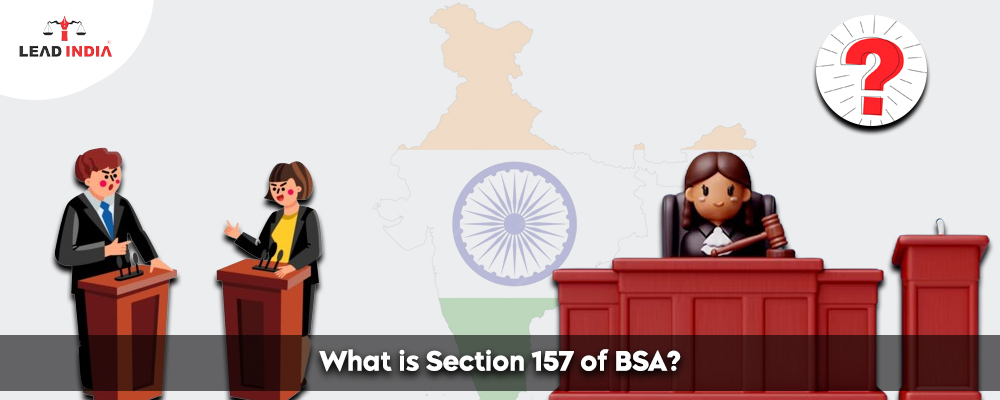The role of a witness is crucial to a nation’s basic judicial system. They support the judiciary in ascertaining the truth. The case depends on the witnesses. Bentham thought of witnesses as the eyes and ears of the court. However, what occurs when these witnesses become antagonistic. Removing a witness from his role as the court’s eyes and ears obstructs the significance and precedence of the trial process. It will no longer be capable of functioning as a fair trial.
Hostile witness
- There is no stated or tacit definition of “hostile witness” in any Indian statutes.
- The origins of the phrase appear to lie in Common Law.
- The common law has established specific characteristics of a hostile witness, such as the presence of a “hostile animus” toward the party requesting the witness or the witness’s lack of desire to provide the truth at the request of the party requesting the witness.
Need A Legal Advice
The internet is not a lawyer and neither are you. Talk to a real lawyer about your legal issue

Section 157 of BSA
According to Section 157 of BSA, the person calling a witness may, at its discretion, ask him any questions that the opposing party may ask during cross-examination.
- Only questions that are allowed to be asked during cross-examination are permitted by this clause.
- There is no indication in the statute of having to label the witness as “hostile” in order to withdraw the provision.
- Only in cases where the examining party believes that the witness’s evidence or the statement he is currently making violates his responsibility to tell the truth may a request to designate someone as hostile be made.
Thus, it can be concluded that, in contrast to the common law system, there is no distinction made between “adverse” and “hostile” witnesses when it comes to cross-examination. The law only aims to uncover concealed information in order to ascertain the truth.
Question By Party to His Own Witness: Can a Party Interrogate a Witness Itself?
- Section 157 of BNS addresses antagonistic witnesses. The court may allow the party to cross-examine a hostile witness if this section is followed.
- There is an exception to the usual rule that a side may cross-examine witnesses from the other party. With the court’s approval, the party may cross-examine its own witness if the witness turns hostile.
- The court may choose to allow a party to cross-examine one of its own witnesses. The only time the court allows cross-examination is when it is satisfied that it is necessary for the sake of justice and a fair trial.
Section 157 of BSA: Landmark Judgments
- The interpretation of the animosity in G.S. Bakshi v. State is to be inferred from the witness’s response and, to some extent, from his actions. Accordingly, a witness may be deemed hostile if he acts haughty or conceited toward the party requesting his testimony, if he conceals his genuine feelings and withholds the truth, or if he purposefully provides information that contradicts what he has previously stated or is likely to prove. When a prosecution witness becomes hostile by saying something that harms the prosecution’s case, the prosecution may ask the court to classify the witness as hostile.
- Every time the witness in the Best Bakery case appeared before the court, she would repeatedly alter her testimony. The strong accused outside pressure caused the witness to become hostile. The prosecution was deemed to have failed to prove its case because the witness made statements that were inconsistent with her prior testimony. Subsequently, the witness stated that she lied in court because she was afraid for her life.
Prolonged investigations and postponed trials are the primary causes of the accused’s adverse witness statements. Thus, a quick trial should be used whenever there is a chance that the witness may become hostile. Tough regulations are necessary because the courts’ laxity encourages witnesses to become untrustworthy. The only way to combat the illegality of wealthy and influential people “buying” witnesses is to have strong legal frameworks. It is crucial that the court do in-camera trials in order to safeguard the witness and put an end to situations like Jessica Lal’s case.
One can talk to lawyers from Lead India for any kind of legal support. In India, free legal advice online can be obtained at Lead India. Along with receiving free legal advice online, one can also ask questions to the experts online free through Lead India.




 Talk to a Lawyer
Talk to a Lawyer